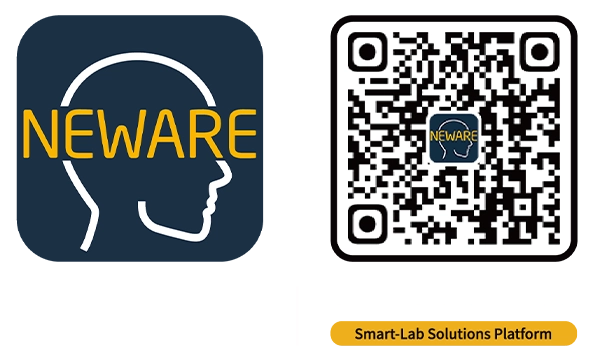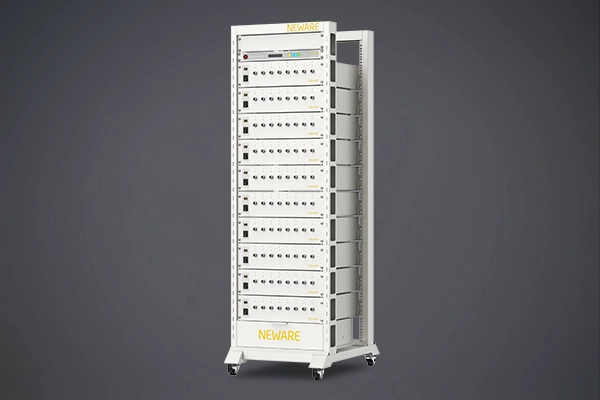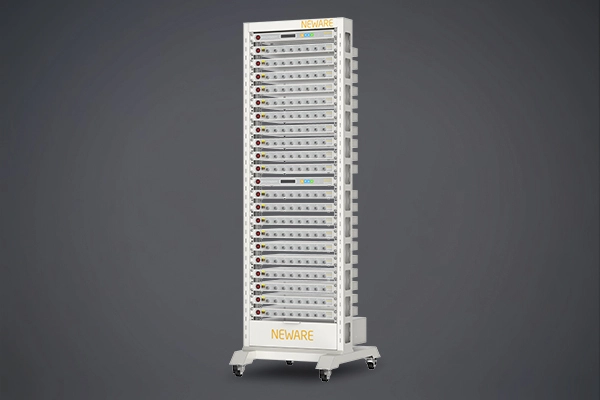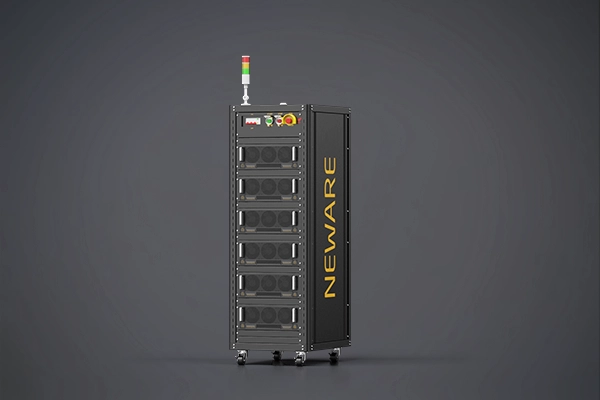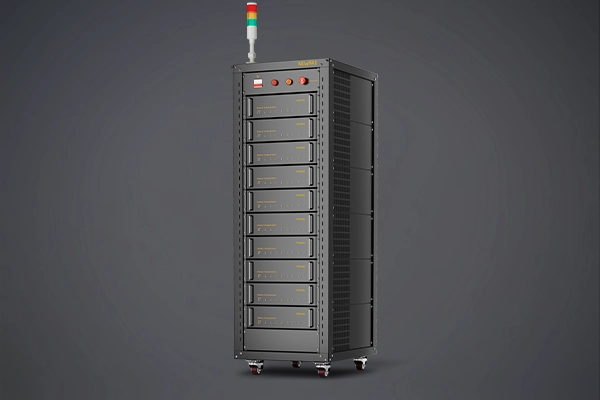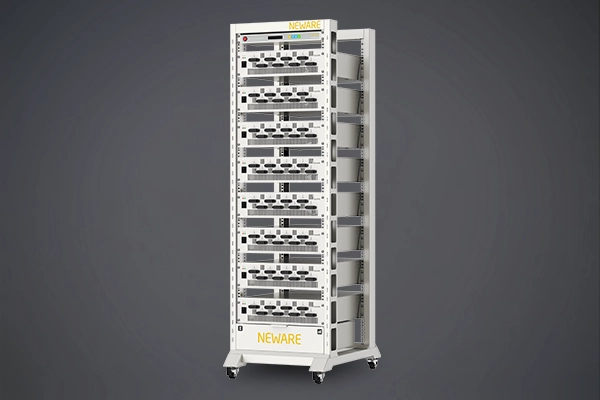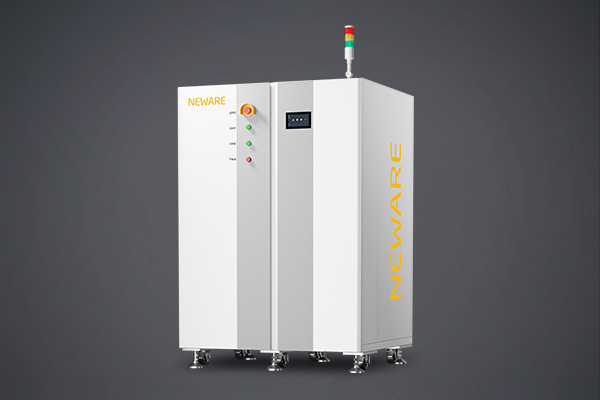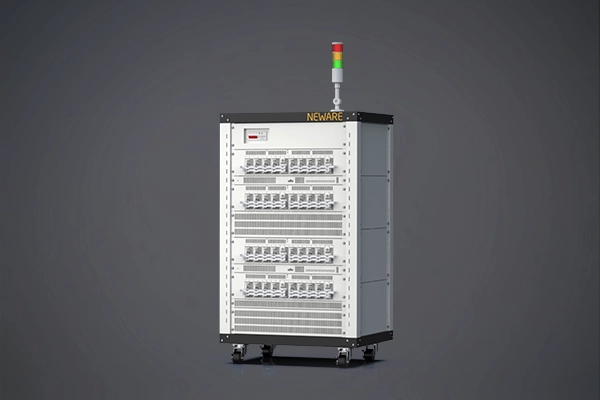Japanese researchers have successfully developed a device that exhibits significantly higher performance than existing lithium-ion batteries. They have achieved new breakthroughs in energy density and cycle performance with a new type of battery that could potentially replace lithium-ion battery devices in the future.
Researchers from the National Institute for Materials Science (NIMS) collaborated with SoftBank Corp. to develop a lithium-air battery with an energy density exceeding 500 Wh/kg. This lithium-air battery is capable of charging and discharging at room temperature.
According to the researchers, the energy density of the developed lithium-air battery is significantly higher than that of current lithium-ion batteries, laying the foundation for wider and even commercial applications of lithium-air batteries.
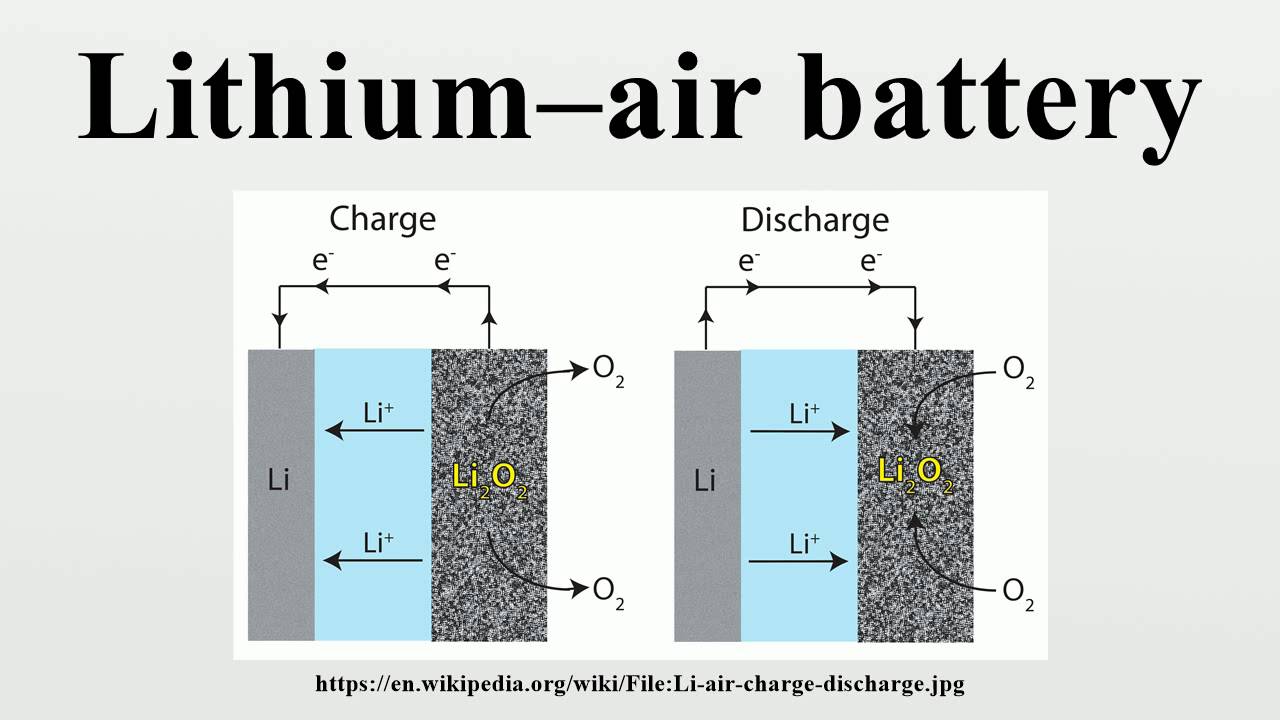
While scientists have long recognized the great potential of lithium-air batteries as rechargeable batteries, much of this potential has remained theoretical.
However, in an abstract published in the journal "Materials Horizons," researchers have learned that the energy density of conventional lithium-ion batteries is reaching its limits to meet the requirements of advanced energy storage devices such as electric vehicles and unmanned aerial vehicles that charge slowly during the day and discharge at night.
Led by Senior Researcher Shoichi Matsuda, the NIMS research team, along with many others, explored alternatives to lithium-ion battery designs.
"The energy density of lithium-air batteries (LABs) is 2 to 5 times higher than that of lithium-ion batteries and is a potential candidate for the next-generation rechargeable batteries in the aforementioned applications," wrote the researchers.
The researchers pointed out that, in fact, only a few high-energy-density lithium-air batteries have been manufactured and developed mainly due to the inclusion of a significant amount of inactive components (such as membranes and electrolytes), which, although not involved in chemical reactions, contribute to the weight reduction.
Matsuda's research team at the NIMS-SoftBank Advanced Technology Development Center developed materials to improve the performance of lithium-air batteries and unlock their high energy density potential. They also developed a technique for manufacturing these devices for various applications.
A typical lithium-air battery consists of a lithium metal foil, a separator, a non-aqueous electrolyte for lithium-ion conduction, a porous carbon electrode, and a gas diffusion layer.
"In the discharge process, lithium dissolution occurs at the negative electrode. The generated electrons flow through an external circuit to the positive electrode, where they reduce atmospheric oxygen to form insoluble lithium peroxide (Li2O2) as the discharge product," explained the researchers in the paper.
In their research, the team found that previous devices were unable to realize their high energy density potential exceeding 300 Wh/kg due to an excessive amount of electrolyte and/or operation under relatively small area capacity conditions.
They revealed in the paper that, to manufacture the battery devices, the researchers struck a balance in controlling the electrolyte and the area capacity of the device.
The researchers stated that the research team is now developing high-performance battery materials and plans to integrate these materials into the newly developed lithium-air batteries to further improve the battery's cycle life. Their goal is to deploy the batteries in practical use at the NIMS-SoftBank Advanced Technology Development Center to accelerate the feasibility of battery commercialization.
NEWARE TECHNOLOGY LLC
755 Ames Avenue, Milpitas, CA, USA, 95035

